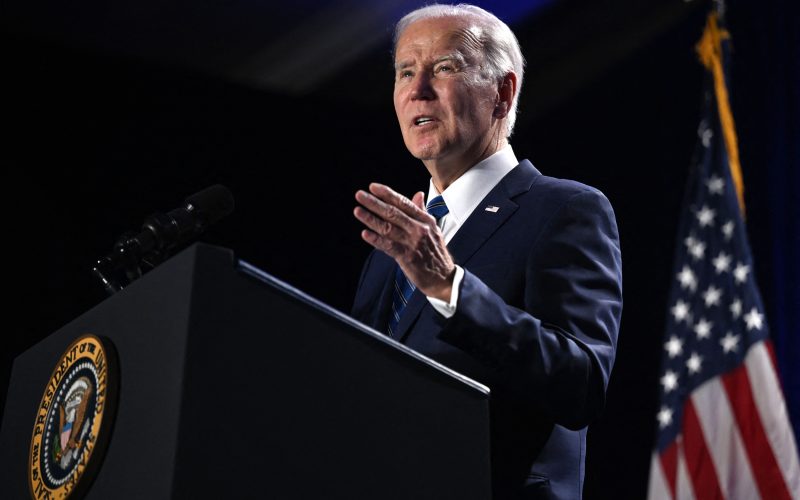Washington, D.C. – In a surprising turn of events, President Joe Biden has announced that he will cut short his overseas trip to address the ongoing negotiations regarding the U.S. debt ceiling. The move comes as talks between Democrats and Republicans have inched forward, raising hopes of a bipartisan agreement to avert a potentially catastrophic default on the nation’s financial obligations.
The decision to curtail his international visit underscores the gravity of the situation, as the United States teeters on the edge of a potential fiscal crisis. President Biden had embarked on his trip with the intent to strengthen alliances, engage in crucial global discussions, and advance key policy priorities. However, the urgency surrounding the debt ceiling debate has forced him to pivot his focus back to the domestic front.
The debt ceiling, a statutory limit on the amount of debt the U.S. government can accumulate, has been a contentious issue for decades, often leading to political brinkmanship and partisan standoffs. Failure to raise or suspend the debt ceiling could have severe repercussions, including a possible default on U.S. Treasury bonds, which are considered the safest investment in the world. This scenario would send shockwaves through the global economy, potentially triggering a recession or even a financial crisis.
Negotiations in Congress have been moving at a glacial pace, with both sides digging in their heels on key demands. Democrats have called for a clean debt ceiling increase, arguing that it is necessary to honor the country’s financial commitments and avoid catastrophic consequences. Republicans, on the other hand, have sought to use the debt ceiling as leverage to extract spending cuts or policy concessions from the Biden administration.
Despite the deep divisions, recent developments have provided a glimmer of hope. Sources close to the negotiations indicate that both sides have shown a willingness to engage in constructive dialogue, and there is growing recognition of the need to separate the debt ceiling debate from other policy battles. This newfound spirit of cooperation has prompted President Biden to take a more hands-on approach, leaving his overseas engagements to ensure he can personally shepherd the negotiations towards a resolution.
Critics of the president’s decision argue that his presence abroad is essential to upholding American interests and advancing critical global agendas, such as climate change, economic cooperation, and national security. They contend that addressing the debt ceiling issue can be effectively managed by his administration, allowing the president to fulfill his responsibilities on multiple fronts simultaneously.
However, supporters of Biden’s decision believe that the debt ceiling crisis demands his undivided attention and leadership. By returning to Washington, the president can use the weight of his office to break through the political gridlock, urge lawmakers to put aside partisan interests, and forge a path towards a bipartisan agreement that safeguards the nation’s financial stability.
As the president prepares to cut short his overseas trip, the eyes of the nation are fixed on Washington, eagerly awaiting news of progress in the debt ceiling talks. The stakes are high, and the repercussions of failure would be far-reaching, both domestically and globally. The next few days will be crucial in determining whether Congress can rise above political divisions and come together for the sake of the nation’s economic well-being.
Disclaimer: This article represents the opinion of the author and is not meant to favor any political party or ideology. The information provided is based on the available sources up until the time of writing.












